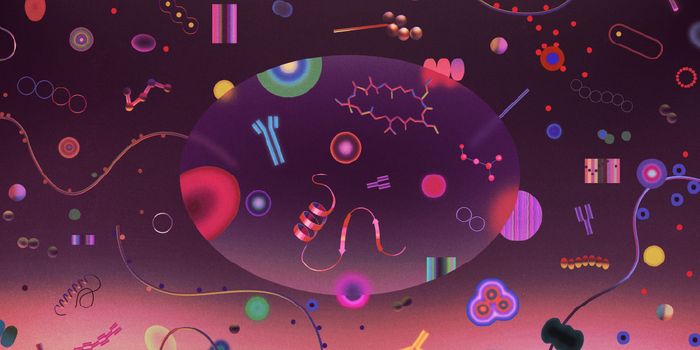Only Half a Brain Needed to Recognize Words and Faces
A study of human brain plasticity and visual perception highlighted potential treatments for patients with traumatic injury. Neuroplasticity is the brain’s capability to adapt either structurally or functionally in response to changes in the environment. The study was conducted by a University of Pittsburgh research team and published in the Proceedings of the National Academy of Sciences. This study is the first to characterize neuroplasticity in humans and understand whether a single brain hemisphere can perform functions typically split between the two sides of the brain.
The 40 participants included adults who had undergone pediatric brain surgery. A hemispherectomy or a surgical removal of one hemisphere is a surgery approach used to control severe childhood epilepsy. By focusing on hemispherectomy patients, the researchers aimed to gain a better understanding of a single brain hemisphere’s functional capacity. The researchers evaluated the participants’ word recognition capacity by showing them pairs of words differing by one letter (i.e., “soap” and “soup” or “back” and “buck”). To test how well they recognized different faces, scientists briefly showed them pairs of photos of people. Then they were asked to indicate whether the pair of words or the pair of faces were the same or different. Despite removal of half of their brain, the participants accurately recognized differences between pairs of words or faces more than 80% of the time.
Senior author Marlene Behrmann, Ph.D., professor of ophthalmology and psychology explained their work suggests the brain has the capacity to rewire itself. “The question of whether the brain is prewired with its functional capabilities from birth or if it dynamically organizes its function as it matures and experiences the environment drives much of vision science and neurobiology. With the results from this study, we now have a foot in the door of human neuroplasticity and can finally begin examining the capabilities of brain reorganization.” The two hemispheres become more specialized with age. The right hemisphere is mainly responsible for facial recognition, and the left hemisphere has a primary role in word recognition. The findings suggest that losing part of the brain does not necessarily mean an extreme loss of functionality.
Sources:
Eureka News Alert, Proceedings of the National Academy of Sciences (PNAS)








